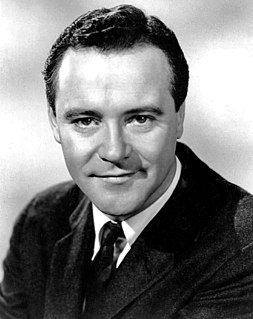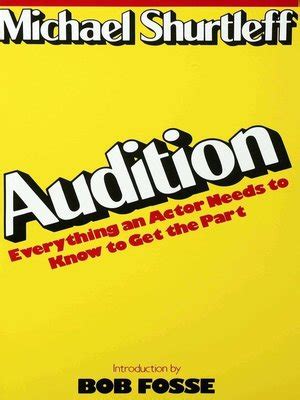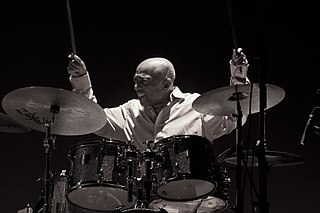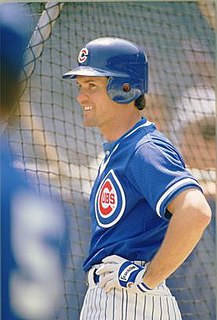A Quote by Evelyn Glennie
I suppose I don't hear things, but I listen, if you know what I mean. And there is a big difference between hearing and listening. So it's like a conversation, you know. When you speak to someone, it's one on one, and that's exactly how I play.
Related Quotes
Acting doesn't have anything to do with listening to the words. We never really listen, in general conversation, to what the other person is saying. We listen to what they mean. And what they mean is often quite apart from the words. When you see a scene between two actors that goes really well you can be sure they're not listening to each other - they're feeling what the other person is trying to get at. Know what I mean?
Listening is totally different from hearing. Hearing, anybody who is not deaf can do. Listening is a rare art, one of the last arts. Listening means not only hearing with the ears but hearing from the heart, in utter silence, in absolute peace, with no resistance. One has to be vulnerable to listen, and one has to be in deep love to listen. One has to be in utter surrender to listen.
You know, when Sharpton and I walked in, it was, like, big commotion and everything, but everybody was very nice. And I couldn't get over the fact that there was no difference between Sylvia's restaurant and any other restaurant in New York City. I mean, it was - it was exactly the same, even though it's run by blacks, primarily black patronship.
Mothers know the difference between a broth and a consommé. And the difference between damask and chintz. And the difference between vinyl and Naugahyde. And the difference between a house and a home. And the difference between a romantic and a stalker. And the difference between a rock and a hard place.
Someone real," I hear myself saying. "Someone who never has to pretend, and who I never have to pretend around. Someone who's smart, but knows how to laugh at himself. Someone who would listen to a symphony and start to cry, because he understands music can be too big for words. Someone who knows me better than I know myself. Someone I want to talk to first thing in the morning and last thing at night. Someone I feel like I've known my whole life, even if I haven't.
There was a lot that was tricky about playing with [Thelonious Monk]. It's a musical language where there's really no lyrics. It's something you feel and you're hearing. It's like an ongoing conversation. You really had to listen to this guy. Cause he could play the strangest tempos, and they could be very in-between tempos on some of those compositions. You really had to listen to his arrangements and the way he would play them. On his solos, you'd really have to listen good in there. You'd have to concentrate on what you were doing as well.
If you make a suggestion and [musicians] don't know what you mean, you have to be able to do it yourself. I often sit down on drums and show 'em just exactly what I want. And I do it and then say, "How do you do that?" It's because I know how it looks, I know what I want to hear, and I don't drop or rush any tempo. It ain't in my body, it ain't in my nephew's body.




































